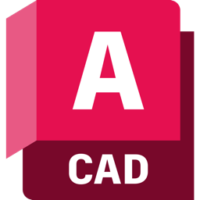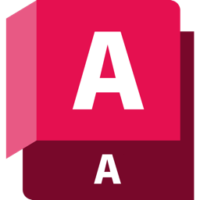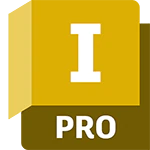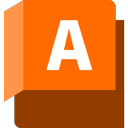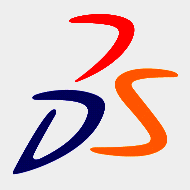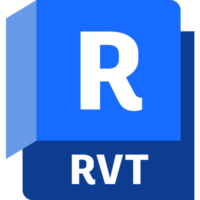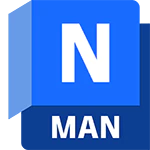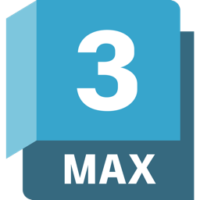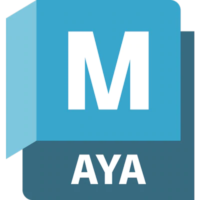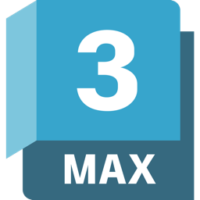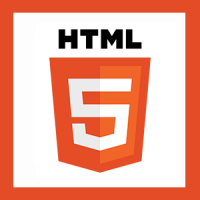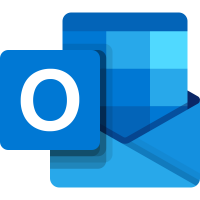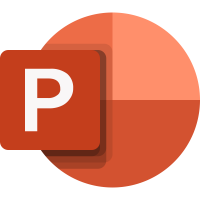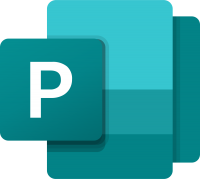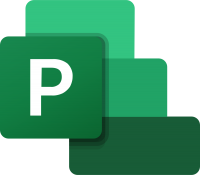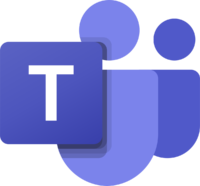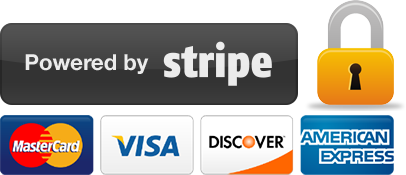Authoring structured FrameMaker documents
2 days
In centre:
£please call
Live online:
£please call
Key details
FrameMaker training course teaching the fundamentals of structured authoring, and working with structured FrameMaker templates.
At the end of the course, you will feel confident with FrameMaker’s structured authoring environment, and will have an understanding of the steps required to produce a valid document instance prior to export to SGML or XML.
Authoring structured FrameMaker documents training is arranged on-request, i.e. one-to-one training or a ‘closed course’ for your group. Your training can be tailored to take into account any existing knowledge you have, and the work you’re going to be doing.
In-class or online
This course is available in-class at eight centres or live online.
Expert trainers
Courses are hosted by expert trainers from a technical authoring background with vast experience of using FrameMaker professionally. See Expert trainers.
How will I learn?
FrameMaker training is hands-on and practical.
Our trainers teach the necessary theory then demonstrate techniques step-by-step. You then practice the techniques taught on a computer running FrameMaker.
There is plenty of time to ask questions, and you can take away all the files you create.
Training guide and certificate
Course delegates receive:
- A comprehensive training guide for FrameMaker, to refer to throughout the course, and to use as a refresher afterwards.
- An e-certificate confirming successful course completion. Click here to see an example of the certificate you receive.
After course support
Following FrameMaker training, delegates are entitled to 30 days’ email support from their FrameMaker trainer to help with any post-course issues. For further details, see Support.
Prerequisites
No prior FrameMaker experience is required.
FrameMaker version
Training can be based on any version of FrameMaker to suit you.
General information
Course times
Standard course times are 9.30am–4.30pm.
As we’d be hosting this as a ‘closed course’ for you/your group, there’s usually flexibility to change these times to suit you, e.g. start or end 30 minutes earlier or later.
Payment
Payment for FrameMaker training can be made by:
- Bank transfer. Please call 01527 834783 for our bank details.
- Card. All major credit and debit cards accepted. Payment can be made securely online or over the phone. Card payments are processed by Stripe. Armada doesn’t record or store your card details.
Purchase orders
We accept purchase orders from UK-registered companies and public sector organisations.
Accommodation
See Accommodation local to our training centres.
Cancellations and postponements
If an on-request Authoring structured FrameMaker documents course booking is cancelled giving less than 20 working days’ notice, a cancellation fee is payable. View cancellation terms.
If an on-request Authoring structured FrameMaker documents course booking is postponed giving less than 20 working days’ notice, a postponement fee is payable. View postponement terms.
Terms and conditions
Expert trainers
Lynne Telfer

Lynne Telfer is highly experienced instructor with over 25 years’ experience working as a professional trainer.
In the late nineties, Lynne worked for Adobe as a trainer and consultant, hosting courses in FrameMaker and other applications at all levels for Adobe’s clients. She’s provided training in Adobe’s Technical Communication and Creative applications ever since.
Lynne has expert knowledge of:
- Adobe FrameMaker – both Unstructured and Structured use.
- Adobe RoboHelp.
- Adobe Creative Cloud applications: InDesign, Photoshop, Illustrator and Acrobat.
- Adobe’s e-Learning tools – Captivate and Presenter.
- Microsoft Office suite of applications, covering the mainstream applications Word, Excel and PowerPoint to advanced level.
Lynne has a BA Hons in Educational Practice from Oxford Brookes University.
Course content
Getting started
- Working with special characters
- Editing text
- Setting up files
- Viewing preferences
- Navigation techniques
- Saving documents as PDF, XML, SGML and HTML.
- Spell Check, Find and Change
The structured environment
- What is an Element and why do I need one?
- What is the purpose of an Attribute?
- Setting up the document window and structure view
- When should you use one instead of the other?
- Learning quick ways of navigating around the structure view
- Setting up the element catalog.
Working with text elements
- Creating a document by inserting valid elements.
- Editing an existing document structure by moving, wrapping, unwrapping, changing, splitting and merging elements.
Attributes
- Understanding what an attribute is and how to edit them.
- Setting attribute view options.
- Setting attribute options on new elements
Working efficiently with keyboard shortcuts
- Learning a small set of shortcuts to Insert, Wrap, Unwrap, Change and Nudge an Element
Importing files into a structured flow
- Importing a structured flow from another FrameMaker document into an existing file and correcting errors
Validation
- Running the validation tool through the document to check for any structural errors
Object elements
- Inserting cross-references, variables, graphics and footnote elements
- Manipulating the cross-reference dialog box
- Understanding the role of the anchored frame
- Inserting system and user variables
Table elements
- Inserting tables into a structured flow
- Editing the contents and structure of the table
Indexing
- Learning the syntax for marking text for an Index
Book building
- Creating a multi-file book and setting the numbering and pagination options across the files in the book
- Reordering the files in the book
- Updating the book to ensure the integrity of the numbering and links
Tables of contents
- Generating a TOC across the files in the book
Live online training
Online training lets you participate in a live FrameMaker course from your place of work or home.
We do everything possible to make your online training experience as close as possible to actually being in the classroom. You can:
- See and hear our trainer, and the other delegates participating in the course…
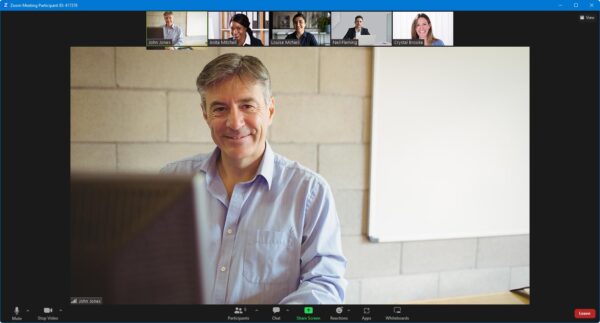
- Watch our trainer demonstrate techniques in FrameMaker.
- Interact by speaking, using chat, or raising your ‘virtual hand’ if you need assistance.
- Share your screen with our trainer, and allow them to take control to explain something.
Like our in-class courses, online Authoring structured FrameMaker documents courses…
- Are presented by expert instructors.
- Give you plenty of opportunity to carry out assisted, practical exercises using FrameMaker.
- Offer 30 days’ email support from your trainer.
All you need is an Internet-connected computer with…
- FrameMaker installed.
- A webcam and audio capability. If your computer running FrameMaker doesn’t have these, you can use a second device, such as another computer or tablet. See Hardware recommendations for live online training for further details.
If there’s anything you’re not sure about we’ll do our best to help you. We won’t, however, be able to assist with your FrameMaker installation.
We provide everything else…
- Links to download the files, resources, etc. you’ll use in your course.
- A training guide. For most courses, you can choose from a printed copy that we post to you, or a PDF.
In the week before your course, we’ll send you an email containing everything you need to prepare for and participate in the training. Then, a couple of days before your course, we’ll give you a courtesy call to make sure you have everything in place and answer any questions you may have.
Please note that we are not able to record scheduled online courses for privacy reasons.
When you attend live online training, you’re participating in a real course, hosted by a real trainer, in real time


